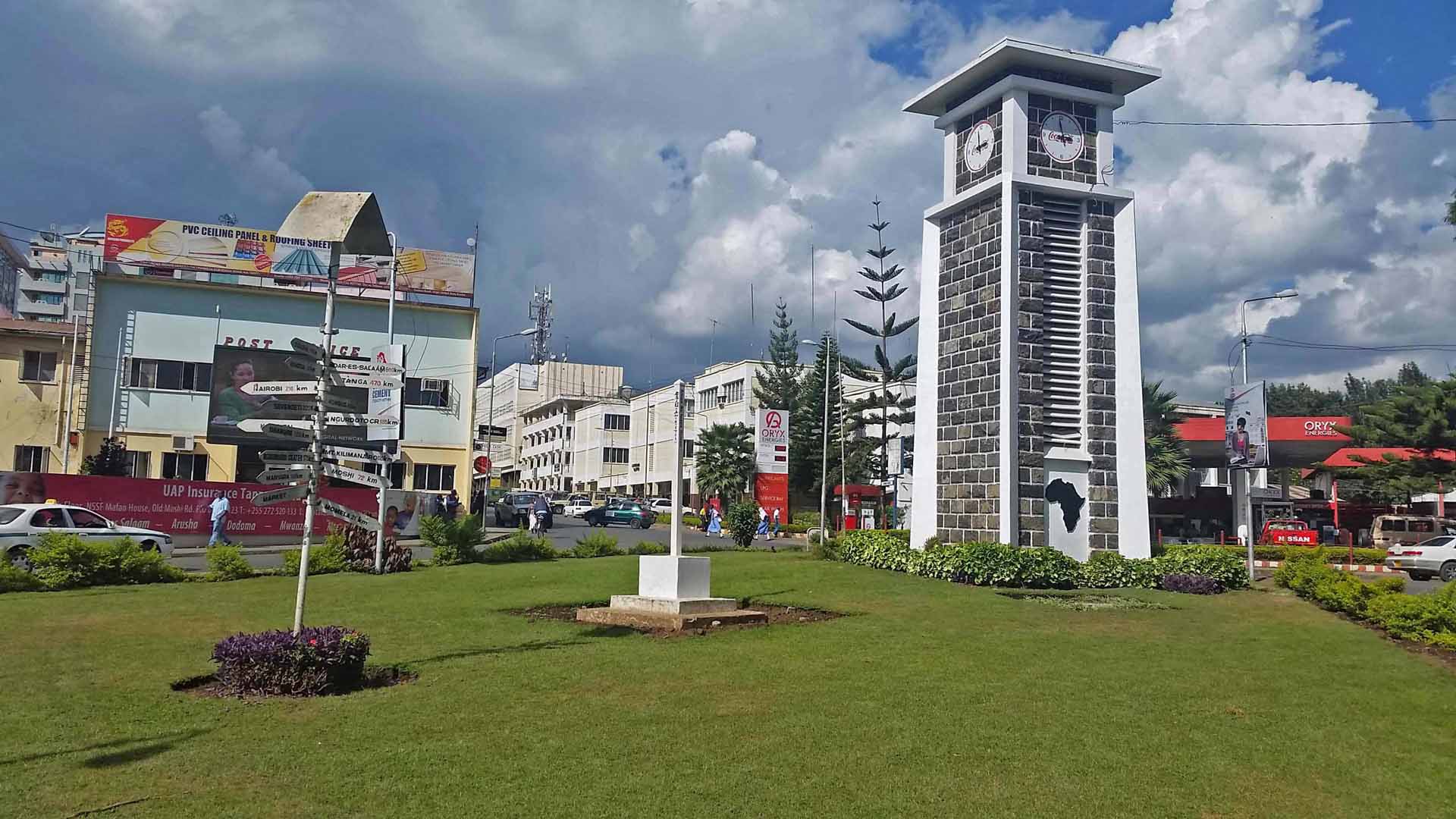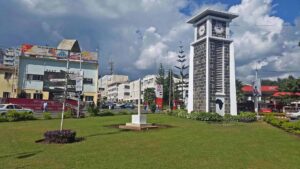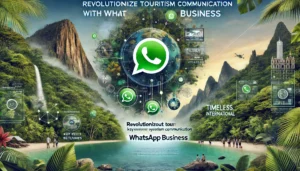Unlocking the Secrets to Successful Tanzania Website Design

Tanzania’s Digital Landscape
Tanzania is a land of contrasts, where the natural beauty of its wildlife and landscapes is matched only by the vibrancy and innovation of its digital landscape. From the sprawling savannahs of the Serengeti to the bustling streets of Dar es Salaam, Tanzania is a country that is constantly evolving, and nowhere is this more evident than in the world of web design. Over the past decade, Tanzania has emerged as a hub for digital innovation, attracting a diverse range of entrepreneurs, designers, and developers who are pushing the boundaries of what is possible in the digital space. In this article, we will take a closer look at Tanzania’s digital landscape, exploring the trends, challenges, and opportunities that are shaping the future of web design in this fascinating and dynamic country. So whether you are a digital marketer, a business owner, or simply curious about the intersection of technology and culture, join us on a journey through Tanzania’s digital landscape and discover a world of creativity, innovation, and possibility.
Overview of Tanzania’s Wildlife Tourism Industry
Tanzania is renowned for its wildlife tourism industry, which attracts millions of visitors every year. The country is home to some of the most iconic and breathtaking landscapes in the world, including the Serengeti National Park, the Ngorongoro Crater, and Mount Kilimanjaro. These natural wonders have long been a draw for tourists from all over the world, and the tourism industry has played a significant role in Tanzania’s economic development.
However, the rise of digital technology has had a profound impact on the tourism industry, and nowhere is this more evident than in Tanzania. Today, tourists use digital platforms to research, book, and share their experiences, and the tourism industry has had to adapt to keep pace with these changes. Websites, social media, and mobile apps have become essential tools for tourism operators, enabling them to reach a global audience and provide a seamless and personalized experience for their customers.

Evolution of Web Design in Tanzania
The evolution of web design in Tanzania has been closely linked to the growth of its digital economy. Over the past decade, the country has witnessed a surge in digital innovation, with a growing number of entrepreneurs, designers, and developers creating cutting-edge products and services that are transforming the way Tanzanians live, work, and interact with the world.
One of the key drivers of this growth has been the rapid expansion of mobile technology. Today, more than 80% of Tanzanians own a mobile phone, and this has created a huge market for mobile apps and services. From mobile banking and e-commerce to social media and entertainment, mobile technology has become an essential part of daily life in Tanzania, and this has had a profound impact on the country’s web design industry.
The Impact of Technology on Tanzania’s Economy
The impact of technology on Tanzania’s economy has been significant, driving growth and innovation across a range of sectors. Mobile technology, in particular, has played a key role in expanding access to financial services, with mobile money platforms such as M-Pesa enabling millions of Tanzanians to send and receive money, pay bills, and access credit.
In addition to mobile technology, the growth of e-commerce has also had a major impact on Tanzania’s economy. Today, online marketplaces such as Jumia and Kilimall are providing Tanzanian consumers with access to a vast range of goods and services, from electronics and fashion to groceries and household items. This has created new opportunities for entrepreneurs and small businesses, who can now sell their products and services to a global audience.
The Rise of E-commerce in Tanzania
The rise of e-commerce in Tanzania has been driven by a range of factors, including the increasing availability of mobile technology, growing consumer demand for convenience and choice, and a favorable regulatory environment. Today, e-commerce is one of the fastest-growing sectors in Tanzania, with online marketplaces and retailers experiencing rapid growth in sales and revenue.
One of the key challenges facing e-commerce in Tanzania is the lack of physical infrastructure, particularly in rural areas. Many Tanzanians still lack access to reliable electricity and internet connectivity, which can make it difficult for them to shop online. However, this is slowly changing, with the government and private sector investing in infrastructure projects that are improving access to electricity and internet connectivity across the country.
Challenges Facing Tanzania’s Digital Landscape
Despite the rapid growth of Tanzania’s digital landscape, there are still a number of challenges facing the industry. One of the biggest challenges is the lack of skilled professionals, particularly in areas such as web development, digital marketing, and data analytics. This has made it difficult for businesses to find the talent they need to compete in the digital space, and has led to a brain drain as skilled professionals leave the country in search of better opportunities.
Another challenge facing Tanzania’s digital landscape is the lack of regulatory clarity, particularly in areas such as data privacy and cybersecurity. This has created uncertainty for businesses operating in the digital space, and has made it difficult for them to comply with international standards and regulations.

Opportunities for Digital Entrepreneurs in Tanzania
Despite these challenges, Tanzania’s digital landscape is full of opportunities for entrepreneurs and businesses looking to make their mark in the digital space. With a growing consumer market, a favorable regulatory environment, and a young and tech-savvy population, Tanzania is an ideal location for businesses looking to launch or expand their digital operations.
One of the key areas of opportunity in Tanzania’s digital landscape is mobile technology. With more than 80% of Tanzanians owning a mobile phone, mobile apps and services have become an essential part of daily life. From mobile banking and e-commerce to social media and entertainment, there is a huge market for innovative mobile products and services in Tanzania.
Success Stories of Tanzanian Digital Businesses
There are many success stories of Tanzanian digital businesses that have leveraged the country’s growing digital landscape to achieve success and growth. One of these is Jumia, the leading online marketplace in Tanzania, which has experienced rapid growth in sales and revenue since its launch in 2013. Another is Vodacom Tanzania, the country’s leading mobile network operator, which has expanded its digital services to include mobile banking, insurance, and entertainment.
Future Prospects for Tanzania’s Digital Landscape
Looking to the future, the prospects for Tanzania’s digital landscape are bright. With a growing consumer market, a favorable regulatory environment, and a young and tech-savvy population, Tanzania is well-positioned to become a hub for digital innovation and entrepreneurship in the years to come. However, in order to realize this potential, the country will need to address the challenges facing its digital landscape, including the lack of skilled professionals and the need for regulatory clarity.
Conclusion
In conclusion, Tanzania’s digital landscape is a fascinating and dynamic space that is full of opportunities and challenges. From the rise of mobile technology and e-commerce to the challenges of regulatory clarity and a lack of skilled professionals, Tanzania’s digital landscape is constantly evolving. However, with the right investment and support, Tanzania’s digital entrepreneurs and businesses have the potential to achieve great success and transform the country’s economy and society for the better.













